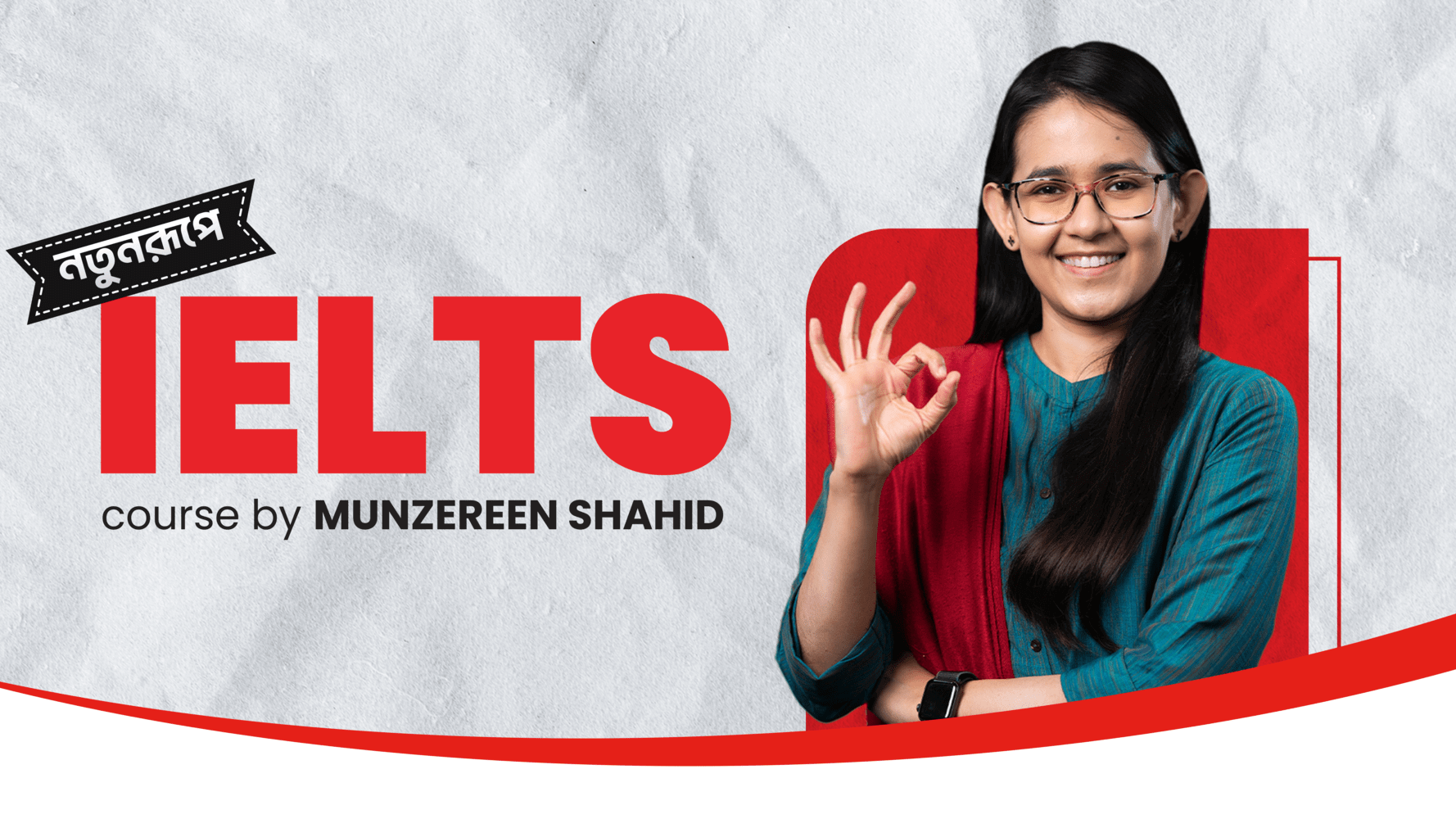How to Score High in the IELTS Writing Test
1. Understand the Test Format:
- Task 1: In Academic IELTS, you'll need to describe visual information (e.g., graphs, charts, diagrams), while in General Training, you might need to write a letter.
- Task 2: Write an essay in response to a prompt. Both Academic and General Training test takers will need to complete this task.
2. Practice Time Management:
- Designate around 20 minutes for Assignment 1 and 40 minutes for Undertaking 2.
- Practice writing within these time limits to ensure you can complete both tasks within the allocated time.
3. Analyze Sample Responses:
- Study high-scoring sample essays and reports to understand what makes them effective.
- Analyze the structure, vocabulary, grammar, and coherence of these samples to improve your own writing.
4. Develop a Clear Structure:
- Introduction: Clearly state your position or summarize the key information.
- Body Paragraphs: Present supporting points with evidence and examples.
- Conclusion: Summarize your main points and restate your position or opinion.
5. Focus on Task Response:
- Address all parts of the question and stay on topic throughout your response.
- Provide relevant examples and details to support your arguments or descriptions.
6. Enhance Your Vocabulary:
- Use a variety of vocabulary, including academic and topic-specific words.
- Avoid repetitive language and demonstrate a range of vocabulary to impress examiners.
7. Improve Grammar and Sentence Structure:
- Practice using complex sentence structures, such as compound and complex sentences.
- Pay attention to grammar, punctuation, and sentence coherence to ensure clarity and coherence in your writing.
8. Practice Writing Under Exam Conditions:
- Simulate exam conditions by writing essays and reports within the allotted time.
- Review and analyze your practice essays to identify areas for improvement and focus your efforts accordingly.
FAQs:
- How can I improve my writing speed for the IELTS exam?
- Regular practice is key to improving your writing speed. Set aside time for timed writing sessions and gradually increase the complexity and length of your practice essays.
- Is it better to write in pen or pencil during the exam?
- The IELTS writing test allows candidates to use either pen or pencil. Choose the writing instrument you feel most comfortable with and practice writing with it before the exam.
- Would it be advisable for me to retain articles for the IELTS composing test?
- Memorizing essays is not recommended, as it may hinder your ability to respond effectively to the specific prompts given during the exam. Focus on developing your writing skills and strategies instead.
- How important is handwriting in the IELTS writing test?
- Handwriting should be legible and easy to read. Practice writing neatly and clearly to ensure that examiners can understand your responses.
- Can I use bullet points or shorthand in my writing?
- It's best to avoid bullet points and shorthand in your IELTS writing responses. Use complete sentences and paragraphs to convey your ideas clearly and coherently.
By following these tips and practicing regularly, you can improve your writing skills and increase your chances of scoring high on the IELTS writing test. Remember to stay focused, manage your time effectively, and address all parts of the question to maximize your score.
🎓 Fully Funded Scholarships in USA
1. Fulbright Foreign Student Program
-
Covers tuition, airfare, living stipend, and health insurance.
-
Open to students from 160+ countries.
🌐 Website: foreign.fulbrightonline.org
2. Harvard University Scholarships
-
Fully funded financial aid for international undergraduate and graduate students.
-
Includes tuition, living expenses, and sometimes research grants.
🌐 Website: harvard.edu
3. Stanford University Scholarships
-
Fully funded scholarships for international students (Knight-Hennessy Scholars Program).
-
Covers tuition, living stipend, academic expenses, and travel.
🌐 Website: knight-hennessy.stanford.edu
4. Yale University Scholarships
-
Fully funded need-based scholarships for undergraduates.
-
Covers tuition and living costs (can be up to $70,000 per year).
🌐 Website: yalecollege.yale.edu
5. MIT Scholarships
-
Offers fully funded need-based financial aid for undergraduates.
-
Graduate students often receive research or teaching assistantships.
🌐 Website: mit.edu
6. Princeton University Scholarships
-
Provides full financial aid for admitted international students.
-
Covers tuition, room, and board.
🌐 Website: princeton.edu
7. University of Chicago Scholarships
-
Offers full-tuition merit scholarships (e.g., Stamps Scholars).
-
Some packages include full living costs.
🌐 Website: uchicago.edu
8. Amherst College Scholarships
-
Fully funded scholarships for international students based on need.
-
Covers tuition, housing, and meals.
🌐 Website: amherst.edu
9. Clark University – Global Scholars Program
-
Offers fully funded scholarships for outstanding international students.
-
Includes tuition and a living allowance.
🌐 Website: clarku.edu
10. Joint Japan/World Bank Graduate Scholarship (for USA Universities)
-
For students from developing countries studying at select U.S. universities.
-
Covers tuition, living stipend, and travel.
🌐 Website: worldbank.org
a🎓 Step-by-Step Application Guide for Fully Funded Scholarships in the USA
1. Fulbright Foreign Student Program
-
Eligibility: Bachelor’s degree, strong academics, leadership skills, proficiency in English.
-
Required Documents:
-
Academic transcripts & degree certificates
-
Personal statement / Statement of Purpose (SOP)
-
Research proposal (for some programs)
-
Recommendation letters (usually 3)
-
English proficiency test (TOEFL/IELTS)
-
-
Deadline: Varies by country (generally Feb–Oct).
🌐 Apply: foreign.fulbrightonline.org
2. Harvard University Scholarships
-
Eligibility: Admission into Harvard (undergraduate or graduate). Need-based.
-
Required Documents:
-
Common/Coalition Application (for undergraduates)
-
Academic transcripts
-
SAT/ACT (for undergrad, optional in some years)
-
TOEFL/IELTS for non-native English speakers
-
Financial aid application (CSS Profile)
-
-
Deadline: Early Action (Nov), Regular Decision (Jan).
🌐 Apply: harvard.edu
3. Stanford University – Knight-Hennessy Scholars Program
-
Eligibility: Apply to any Stanford graduate program + leadership qualities.
-
Required Documents:
-
Online application
-
Academic transcripts
-
CV/Resume
-
Recommendation letters (3)
-
Personal statement & essays
-
Video statement (short video introduction)
-
-
Deadline: October (yearly).
🌐 Apply: knight-hennessy.stanford.edu
4. Yale University Scholarships
-
Eligibility: Admission to Yale undergrad/grad. Need-based aid.
-
Required Documents:
-
Application via Common App/Coalition App (UG)
-
Transcripts & test scores (SAT/ACT optional)
-
CSS Profile for financial aid
-
Recommendation letters
-
English proficiency proof (TOEFL/IELTS)
-
-
Deadline: Early Action (Nov), Regular Decision (Jan).
🌐 Apply: yalecollege.yale.edu
5. MIT Scholarships
-
Eligibility: Undergraduate admission; need-based aid.
-
Required Documents:
-
Online application via MIT admissions
-
Transcripts
-
SAT/ACT (optional in some years)
-
CSS Profile for aid
-
Recommendation letters
-
-
Deadline: Early Action (Nov), Regular Decision (Jan).
🌐 Apply: mit.edu
6. Princeton University Scholarships
-
Eligibility: Undergraduate international students, need-based.
-
Required Documents:
-
Common Application / Coalition Application
-
Academic records
-
Financial aid application (CSS Profile)
-
Teacher recommendations
-
English proficiency test (if required)
-
-
Deadline: Early Action (Nov), Regular Decision (Jan).
🌐 Apply: princeton.edu
7. University of Chicago Scholarships
-
Eligibility: Merit-based (Stamps Scholars, Odyssey Scholarship).
-
Required Documents:
-
Common/Coalition Application
-
Academic transcripts
-
Recommendation letters
-
Standardized tests (optional in some years)
-
Essays
-
-
Deadline: Early Decision (Nov), Regular Decision (Jan).
🌐 Apply: uchicago.edu
8. Amherst College Scholarships
-
Eligibility: International students with financial need.
-
Required Documents:
-
Common Application
-
School transcripts
-
Financial aid forms (CSS Profile)
-
Teacher recommendation letters
-
TOEFL/IELTS (if needed)
-
-
Deadline: January.
🌐 Apply: amherst.edu
9. Clark University – Global Scholars Program
-
Eligibility: Outstanding international undergraduates.
-
Required Documents:
-
Clark application or Common App
-
Scholarship application essay
-
Academic records
-
Recommendation letters
-
English proficiency test
-
-
Deadline: January.
🌐 Apply: clarku.edu
10. Joint Japan/World Bank Graduate Scholarship
-
Eligibility: Students from developing countries applying for master’s in select U.S. universities.
-
Required Documents:
-
Admission offer from a partner university
-
Academic transcripts
-
Proof of work experience (2–3 years)
-
Recommendation letters
-
Personal statement
-
-
Deadline: Usually February–April.
🌐 Apply: worldbank.org
✅ General Tips for Applying
-
Start early (at least 1 year before admission).
-
Keep documents ready: Passport, transcripts, certificates, test scores.
-
Prepare for TOEFL/IELTS (for English proficiency).
-
Write a strong SOP (Statement of Purpose) and essays.
-
Get solid recommendation letters.
-
Apply to multiple scholarships to increase your chances.






.png)







.png)
.png)





.png)


0 Comments